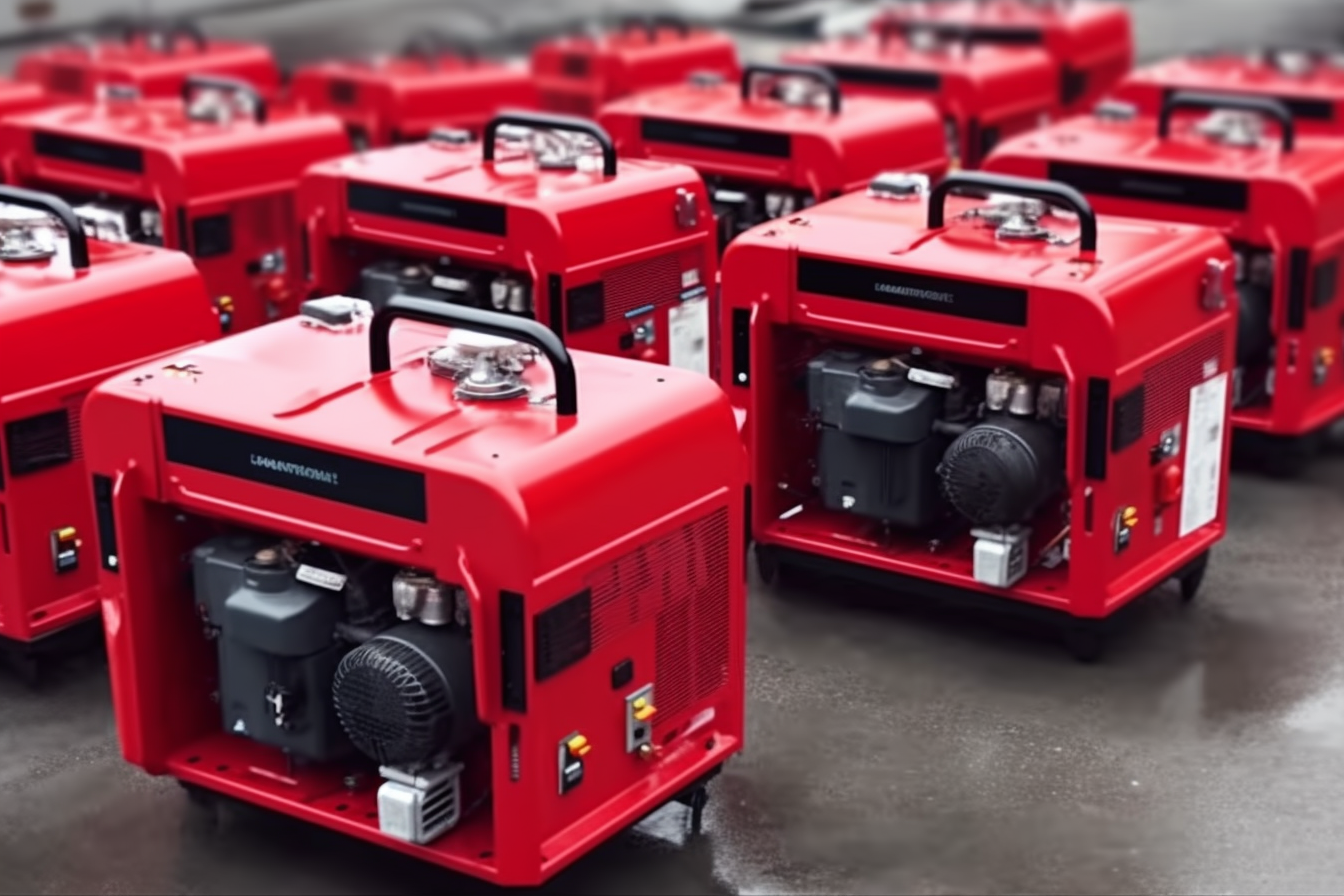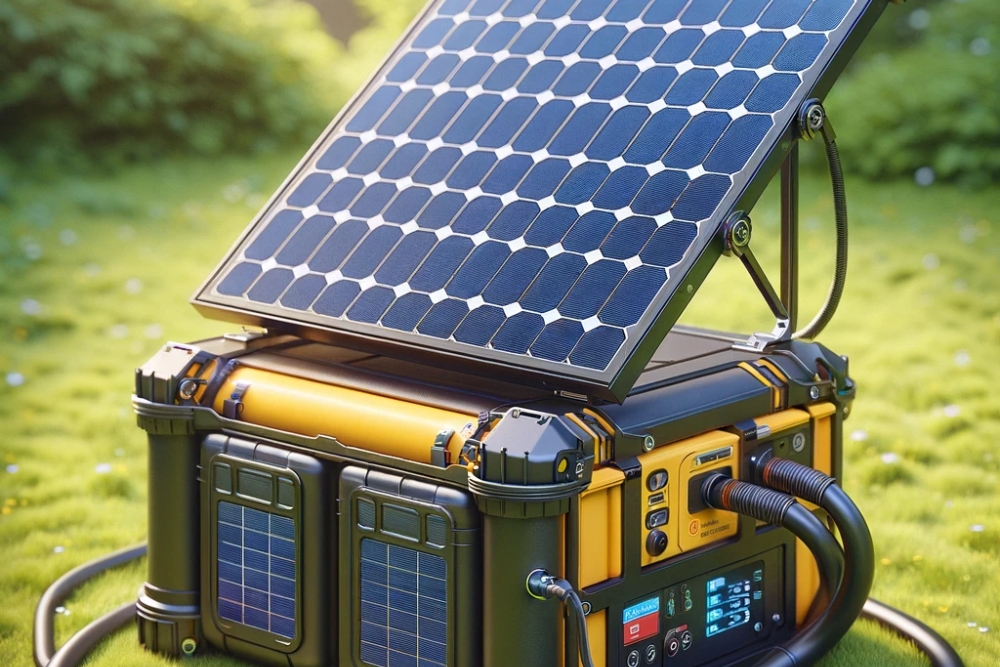Understanding Power Generators: Types, Costs, and Selection
Power generators provide essential backup electricity during outages and serve as primary power sources in remote locations. Whether you need a portable unit for occasional home use or a robust commercial system for continuous operation, understanding generator types, fuel options, and pricing helps you make an informed decision that matches your power requirements and budget.

What Determines New Generator Price
The cost of a new generator varies significantly based on power output, fuel type, and intended use. Portable gasoline generators suitable for basic home needs typically range from $300 to $1,500, while mid-sized units producing 5,000 to 10,000 watts cost between $1,000 and $3,000. Standby generators with automatic transfer switches, which permanently install outside your home, generally start around $2,000 for smaller models and can exceed $15,000 for whole-house systems capable of powering central air conditioning and all major appliances. Commercial and industrial generators with outputs exceeding 20 kilowatts often cost $10,000 to $50,000 or more, depending on specifications and installation requirements.
Prices, rates, or cost estimates mentioned in this article are based on the latest available information but may change over time. Independent research is advised before making financial decisions.
Selecting Generators for Home Applications
Home generators fall into two main categories: portable and standby systems. Portable generators offer flexibility and lower upfront costs, making them ideal for occasional power outages or outdoor activities. These units require manual starting and connection to appliances through extension cords or a manual transfer switch. Standby generators, conversely, automatically detect power loss and restore electricity within seconds, providing seamless backup for critical systems like medical equipment, refrigeration, and security systems. When choosing a generator for home use, calculate your essential power needs by adding the wattage requirements of appliances you want to run simultaneously, then add 20 percent for startup surge capacity.
Evaluating the Best Generator for Home Needs
Determining which generator suits your home depends on several factors beyond price. Consider runtime per tank of fuel, noise levels measured in decibels, available outlets and power configurations, and whether the unit includes features like electric start, fuel gauge, and low-oil shutdown protection. Inverter generators produce cleaner power suitable for sensitive electronics and operate more quietly than conventional models, though they typically cost more per watt of output. For homes in areas with frequent extended outages, a natural gas or propane standby generator eliminates fuel storage concerns and provides unlimited runtime as long as utility gas remains available. Gasoline and diesel portable units work well for shorter outages but require fuel rotation and storage planning.
Commercial Diesel Generators for Business Operations
Businesses requiring reliable backup power or operating in locations without grid access often choose commercial diesel generators for their durability, fuel efficiency, and longevity. Diesel engines provide superior fuel economy compared to gasoline alternatives, especially during extended runtime scenarios common in commercial settings. These generators typically feature robust construction, larger fuel tanks, and industrial-grade components designed for thousands of operational hours. Commercial diesel generators range from compact 10-kilowatt units suitable for small businesses to massive 500-kilowatt systems powering entire facilities, warehouses, or construction sites. Maintenance intervals for diesel generators occur less frequently than gasoline models, though diesel fuel requires additives in cold climates and periodic treatment to prevent degradation.
| Generator Type | Power Output | Typical Cost Range | Best Application |
|---|---|---|---|
| Portable Gasoline | 2,000-7,500W | $300-$2,000 | Occasional home backup, camping |
| Portable Inverter | 1,000-4,000W | $400-$2,500 | Sensitive electronics, RV use |
| Home Standby (Gas/Propane) | 7,000-22,000W | $2,500-$6,000 | Whole-house backup, automatic operation |
| Portable Diesel | 5,000-12,000W | $1,500-$4,000 | Job sites, remote locations |
| Commercial Diesel | 20,000-100,000W | $8,000-$40,000 | Business backup, industrial applications |
Prices, rates, or cost estimates mentioned in this article are based on the latest available information but may change over time. Independent research is advised before making financial decisions.
Understanding the Price of Generators Across Categories
Beyond the initial purchase price, total ownership costs include installation, fuel consumption, maintenance, and potential repairs. Professional installation for standby generators typically adds $1,500 to $5,000 depending on electrical work complexity, gas line installation, and concrete pad preparation. Portable generators require minimal setup but need proper outdoor placement during operation to prevent carbon monoxide hazards. Fuel costs vary by type and local prices, with gasoline currently averaging higher per kilowatt-hour produced than diesel, propane, or natural gas. Maintenance expenses include regular oil changes, air filter replacements, spark plug service, and periodic load bank testing for standby units. Extended warranties, available from most manufacturers, cost 10 to 20 percent of the generator price but provide peace of mind for expensive commercial installations.
Making an Informed Generator Investment
Selecting the right generator requires balancing immediate needs against long-term reliability and operating costs. Start by conducting a thorough power audit of essential circuits and appliances, then consult with licensed electricians or generator specialists who can recommend appropriately sized equipment. Consider future power needs if you plan home additions or business expansion. Read verified customer reviews focusing on reliability, manufacturer support, and parts availability. Many reputable dealers offer rental programs allowing you to test generator types before purchasing. Whether choosing a basic portable unit for emergency preparedness or investing in a comprehensive commercial backup system, understanding your power requirements and total ownership costs ensures you select a generator that delivers reliable performance when you need it most.




